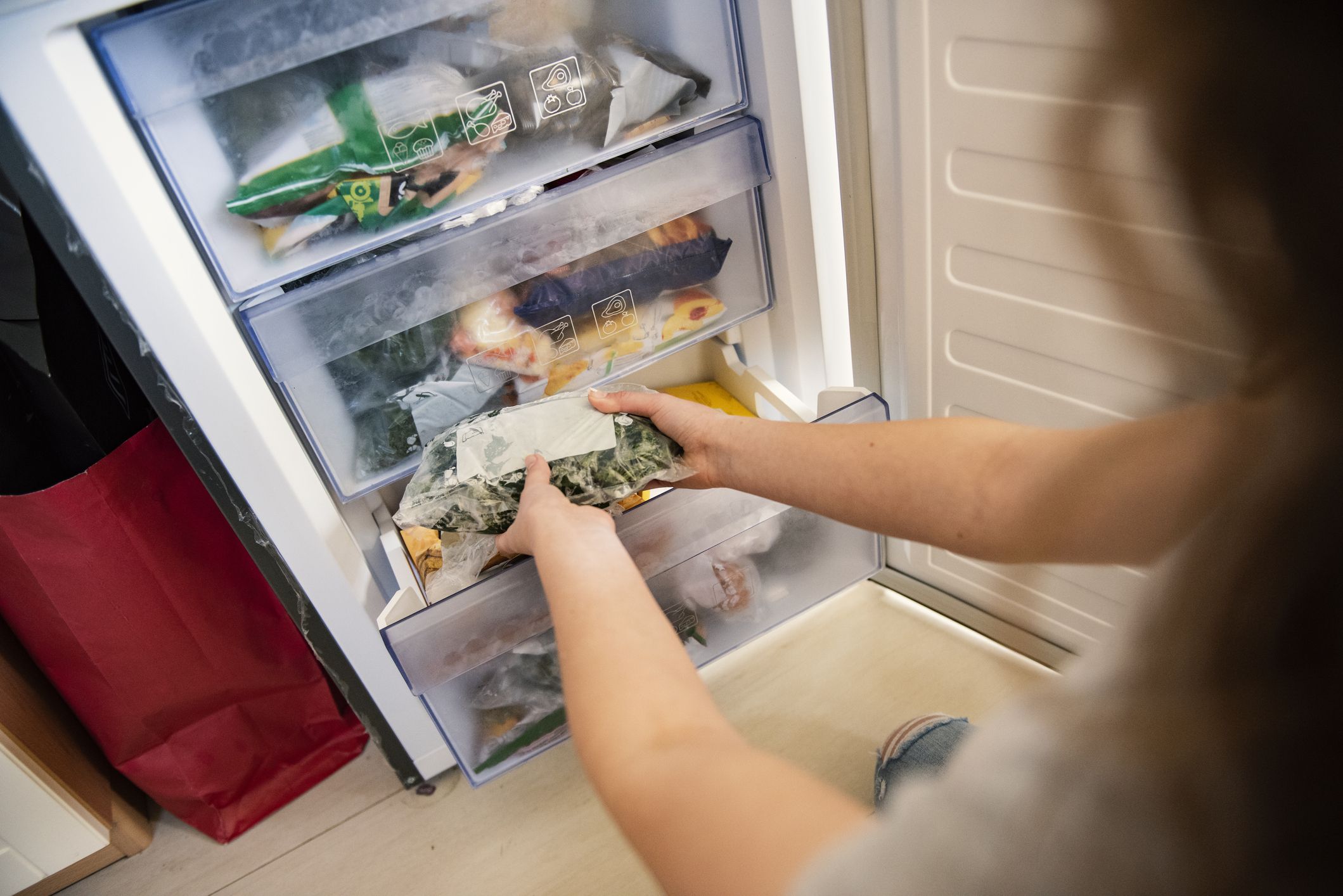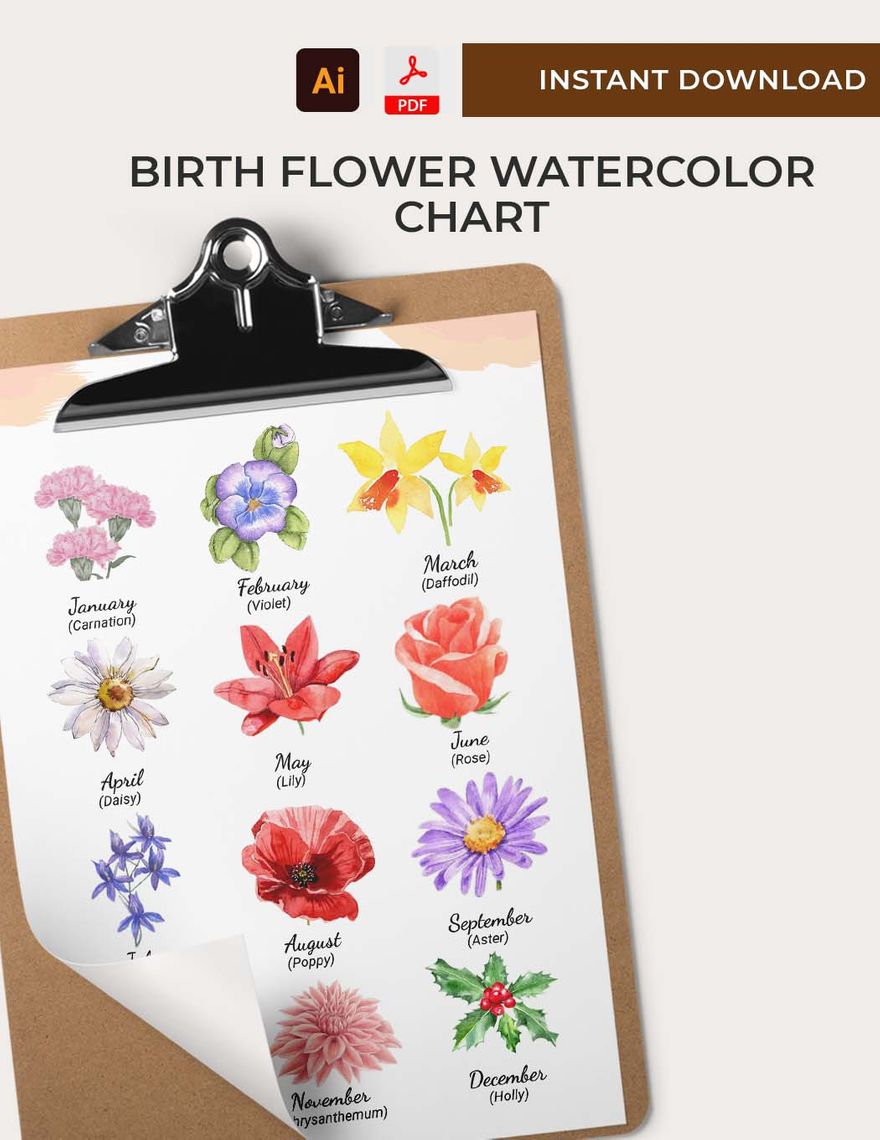Cheese is a beloved staple in kitchens around the world, offering a rich variety of flavors and textures. But what happens when you have more cheese than you can consume before it spoils? The question arises: Can you freeze cheese? This comprehensive guide will explore the ins and outs of freezing cheese, ensuring you can enjoy every last bit of your dairy delight without compromising on quality.
Key Takeaways
- Most cheeses can be frozen, but the texture and flavor may change upon thawing.
- Hard and semi-hard cheeses are best suited for freezing.
- Proper packaging is crucial to prevent freezer burn and preserve quality.
- Thaw cheese slowly in the refrigerator for best results.
Understanding Cheese: A Brief Overview
Cheese is a fermented dairy product derived from milk. It comes in a plethora of varieties, each with its unique flavor, texture, and culinary applications. From creamy Brie to crumbly Parmesan, the world of cheese is as diverse as it is delicious. However, this diversity also means that different cheeses react differently to freezing.
Can You Freeze Cheese? The Simple Answer
The short answer is yes, you can freeze cheese. However, the success of freezing cheese largely depends on the type of cheese and how it is prepared for freezing. While freezing can extend the shelf life of cheese, it may alter its texture and taste, making it more suitable for cooking rather than direct consumption.
Types of Cheese That Freeze Well

Not all cheeses are created equal when it comes to freezing. Here’s a breakdown of which types handle the cold best:
- Hard Cheeses: Cheeses like Parmesan, Cheddar, and Swiss generally freeze well. They maintain their flavor and are often used in cooking after being thawed.
- Semi-Hard Cheeses: Gouda, Edam, and Colby can also be frozen with decent results. They might become a bit crumbly but are still good for melting and cooking.
- Semi-Soft Cheeses: Mozzarella and Provolone can be frozen, though they may lose some of their moisture content.
Types of Cheese to Avoid Freezing

Some cheeses simply don’t fare well in the freezer. These include:
- Soft Cheeses: Cream cheese, Brie, and Camembert tend to become watery and lose their creamy texture.
- Fresh Cheeses: Ricotta and cottage cheese can separate and become grainy.
How to Freeze Cheese: Step-by-Step Guide
To ensure your cheese maintains as much of its original quality as possible, follow these steps:
1. Preparation
Before freezing, decide how you plan to use the cheese. If you need it shredded or sliced, do so before freezing to make it easier to use later.
2. Packaging
Proper packaging is crucial to prevent freezer burn. Wrap the cheese tightly in plastic wrap or aluminum foil, then place it in a freezer-safe, airtight container or a heavy-duty freezer bag.
3. Labeling
Be sure to label the package with the type of cheese and the date of freezing. This helps you keep track of how long it has been in the freezer.
4. Freezing
Place the cheese in the coldest part of your freezer, typically the back. Avoid storing it in the freezer door where temperatures fluctuate.
Thawing Cheese: Best Practices
When it comes time to use your frozen cheese, proper thawing is key to preserving its quality:
- Slow Thawing: Transfer the cheese to the refrigerator and allow it to thaw slowly. This helps maintain its texture and flavor.
- Use Quickly: Once thawed, use the cheese as soon as possible to enjoy its best quality.
Cooking with Thawed Cheese
Thawed cheese is ideal for cooking applications. Here are some delicious ways to use it:
- Melting: Use thawed cheese in casseroles, pasta dishes, or grilled sandwiches.
- Baking: Incorporate it into quiches, pizzas, or savory pastries.
- Garnishing: Sprinkle over soups, salads, or tacos for added flavor.
Freezing Cheese Wisely
the answer to “can you freeze cheese” is a resounding yes, but with some caveats. The type of cheese and how you plan to use it post-freezing are critical considerations. By following the guidelines outlined in this article, you can extend the life of your cheese and reduce waste, all while ensuring you have a tasty ingredient ready for your next culinary creation. Remember, freezing cheese is a practical solution for preservation, especially when it’s done thoughtfully and with the right techniques.


